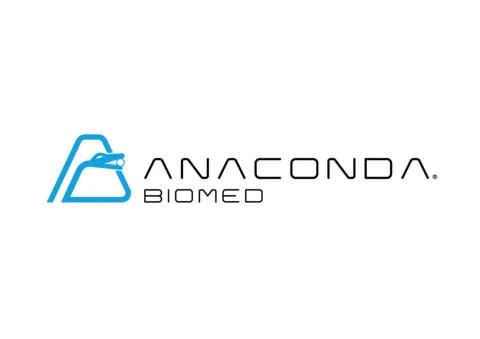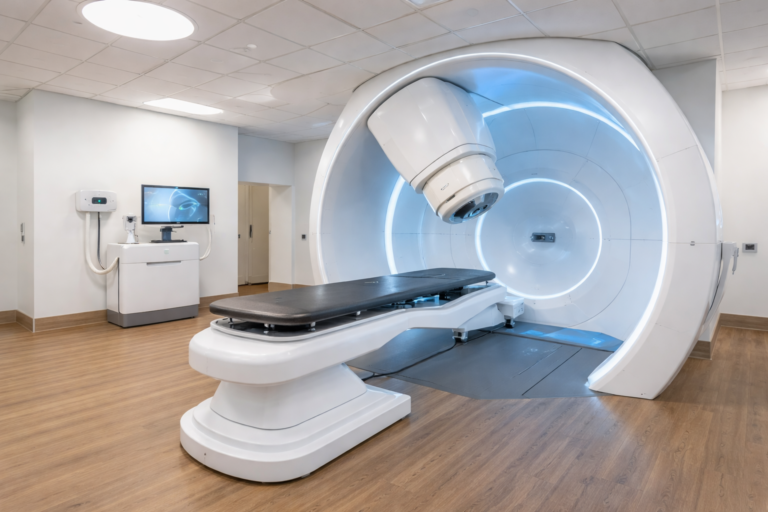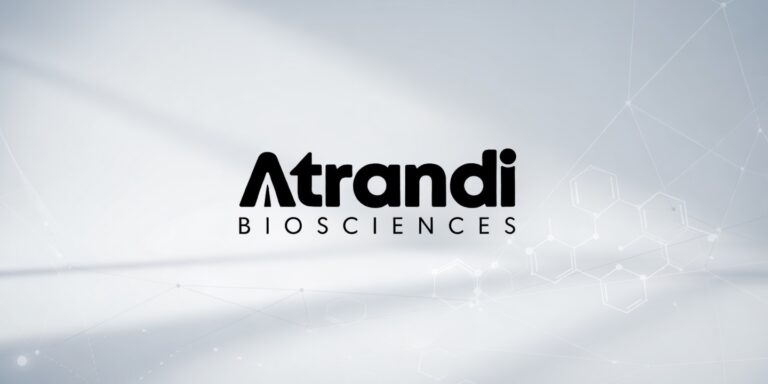
Anaconda Biomed Enrolls First U.S. Patient in ATHENA Trial for ANA Funnel Catheter
Anaconda Biomed, S.L., a company focused on developing advanced neuro thrombectomy devices, has announced the enrollment and treatment of the first U.S. patient in its ATHENA clinical trial. The procedure was performed by Dr. Shahram Majidi, Associate Professor of Neurosurgery, Neurology, and Radiology at the Icahn School of Medicine at Mount Sinai, New York. This marks an important step in evaluating Anaconda Biomed’s cutting-edge devices for treating ischemic stroke, aimed at improving patient outcomes in neurothrombectomy procedures.
Anaconda Biomed, S.L., a company focused on advancing neurothrombectomy technology, has launched the ATHENA clinical trial, a global, pivotal study aimed at evaluating the safety and effectiveness of its innovative ANA Funnel Catheter™. The trial, which will enroll 327 patients worldwide, is designed to assess the device’s role in improving stroke treatment outcomes, particularly in patients suffering from large vessel occlusion acute ischemic stroke.
The ANA Funnel Catheter is a cutting-edge device intended for use in stent retriever-based thrombectomy procedures, which are commonly used to remove clots in patients experiencing ischemic stroke. The device facilitates clot removal by restricting blood flow during retrieval, enabling simultaneous aspiration and significantly reducing the risk of clot fragmentation when the clot is captured. This is especially important for patients with large vessel occlusions, which are often associated with more severe strokes and poorer outcomes if not treated effectively.
Stroke is a leading cause of death worldwide and is the primary cause of serious long-term disability. Statistics reveal that one in four people over the age of 25 will experience a stroke during their lifetime, with 87 percent of these events being ischemic strokes, caused by emboli or thrombotic occlusions in the neurovasculature. As the global population ages, the risk of stroke is expected to increase significantly, with projections indicating a 34 percent rise in stroke incidents by 2035.

The ANA Funnel Catheter features the largest capture diameter currently available for neuroendovascular thrombectomy devices. Early feasibility studies of the device have shown promising results, including high rates of reperfusion and first-pass success, along with a favorable safety profile. These findings were instrumental in supporting Anaconda’s Investigational Device Exemption (IDE) submission to the U.S. Food and Drug Administration (FDA). In September 2024, Anaconda received FDA approval to begin evaluating the ANA Funnel Catheter in the ATHENA trial.
The ATHENA clinical trial is an important step in advancing the company’s neurothrombectomy technology, as it is designed to provide robust clinical data on the effectiveness of the ANA Funnel Catheter. The trial will assess the device’s ability to enhance clot removal, reduce the risk of complications, and ultimately improve outcomes for patients with ischemic stroke. Anaconda Biomed expects to complete enrollment for the trial in the first half of 2026.
Dr. Shahram Majidi, Associate Professor of Neurosurgery, Neurology, and Radiology at the Icahn School of Medicine at Mount Sinai, New York, and a key investigator in the trial, expressed his enthusiasm about the study. “We have long recognized the impact of fast and complete reperfusion in stroke patients, and we are delighted to have initiated this important clinical trial to examine how flow restriction with the funnel catheter can enhance endovascular thrombectomy and potentially improve outcomes for stroke patients,” said Dr. Majidi.
The ANA Funnel Catheter is designed to assist in neurovascular procedures by facilitating the delivery of intravascular devices, such as stent retrievers and microcatheters, to the target clot site. The device features a radiopaque, self-expanding funnel that is covered with a continuous sealing coating. Upon deployment, the funnel creates temporary local flow restriction, which helps to isolate the clot and prevent fragmentation during retrieval. This technology is expected to enhance the efficiency and effectiveness of thrombectomy procedures, ultimately leading to better outcomes for patients.
Trent Reutiman, CEO of Anaconda Biomed, also shared his optimism about the ATHENA trial and its potential to transform stroke treatment. “The ATHENA clinical trial represents the next crucial step in advancing our funnel catheter technology for ischemic stroke. It builds upon the promising preliminary results observed in our earlier ANAIS Study. We are excited to enroll patients in the U.S. and are achieving strong international participation as well,” said Reutiman.
Anaconda Biomed’s focus on advancing neurothrombectomy devices is part of its broader mission to improve the treatment of ischemic stroke and reduce its devastating impact. The company’s commitment to innovation and clinical research is helping to pave the way for new technologies that can enhance the precision and effectiveness of stroke treatments. The ATHENA trial is expected to provide valuable data that will further support the clinical adoption of the ANA Funnel Catheter as a critical tool for treating ischemic stroke.
The ANA Funnel Catheter is just one example of Anaconda Biomed’s dedication to pushing the boundaries of medical technology in the field of stroke treatment. With a large and growing body of evidence supporting its effectiveness, the company is well-positioned to make a significant impact in the neurovascular space, offering patients and healthcare providers a powerful new tool to address the challenges posed by ischemic stroke.




